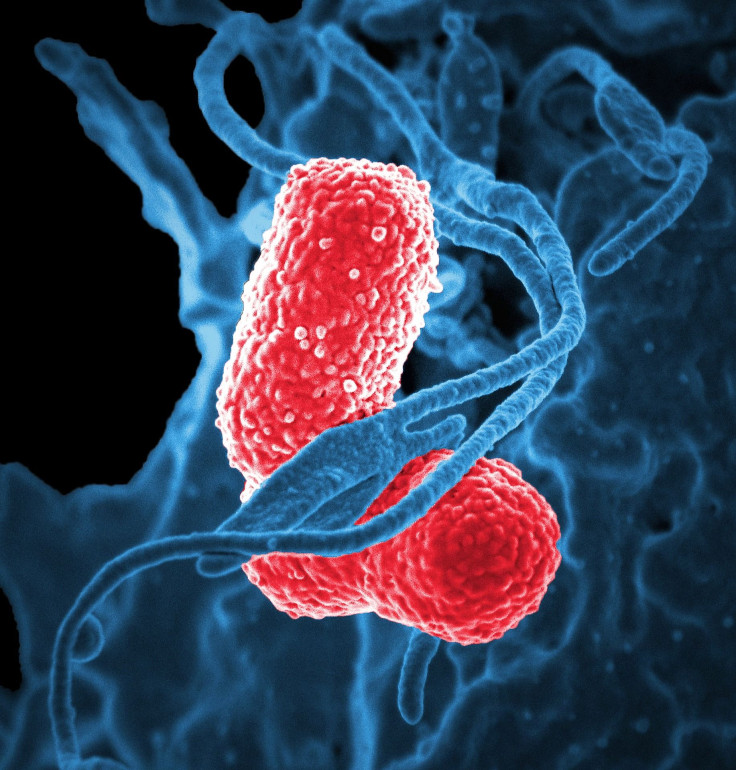Hemophagocytic Lymphohistiocytosis: Everything You Need To Know About The Rare Disease

KEY POINTS
- HLH affects <1 in every 50,000-100,000 children each year
- The rare immune disorder is more common in children
- Adults acquire it due to infections and cancers
The renowned ESPN football reporter Edward Aschoff passed away on Christmas Eve due to a rare immune disease hemophagocytic lymphohistiocytosis (HLH).
Here’s everything you need to know about the fatal disease:
What is HLH?
It is a rare immune disease typically affecting infants and younger children. It can also occur in adults. While the disease is inherited by children, adults acquire it due to several conditions including infections and cancers.
How does HLH affect a person?
The immune system stops functioning properly and the white blood cells namely histiocytes and lymphocytes attack other blood cells in the body. This leads to the accumulation of blood cells in the organs including spleen and liver leading to their enlargement.
What causes HLH?
Healthcare providers are still learning about what causes this rare disease. There are two different types- familial and acquired. 25% of all HLH cases are inherited from parents with the condition. And certain conditions like viral infections including Epstein-Barr virus, cancer or a weakened immune system causes acquired HLH.
How did Edward Aschoff develop HLH?
He was initially diagnosed with pneumonia and was treated with antibiotics. His symptoms worsened instead of showing any improvements. Aschoff was then rushed to the emergency room where bone marrow and lung biopsies revealed a positive diagnosis of HLH. He died after three days of being transferred to the Intensive critical care unit.
“The acquired form of HLH is like a factory shutting down,” Yahoo News quoted Dr. Robert Glatter, an emergency doctor at Lenox Hill Hospital. “Most people who get infections won’t develop HLH”. The doctor has seen only one confirmed case of HLH in his 18 years of practice.
The ESPN reporter was initially given a diagnosis of pneumonia. But Since HLH is often triggered by infections, there is less clarity about the patient’s other health challenges or genetic risks which might have contributed to such deteriorating conditions and death.
Treatment options for HLH treatment depend on the cause, age, and severity of the disease. It comprises of antibiotics, steroids, chemotherapy, immunotherapy, and/or antiviral drugs to treat any of the underlying infections that might have possibly triggered the immune response.
Experiencing similar symptoms does not indicate HLH. Regardless, "it’s vital to listen to your body if something isn’t just right,” says Glatter. He recommends seeking medical care, maintaining an ongoing connection with a physician and having a professional who is familiar with your medical background.
© Copyright IBTimes 2024. All rights reserved.






















